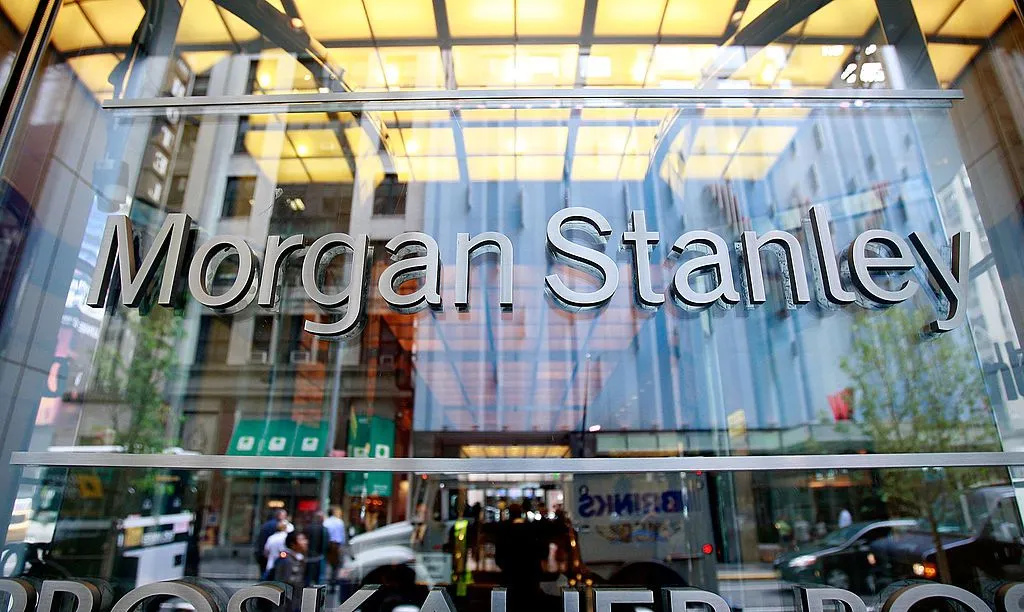Morgan Stanley’s Wilson Warns It’s Premature to Declare Stock Market Recovery
Equity markets continue to face several headwinds, from ongoing trade frictions to a slowdown in corporate earnings revisions — factors that could keep investors cautious in the short term, according to Morgan Stanley’s Michael Wilson.
S&P 500 has yet to recover from the losses triggered by the renewed escalation in US-China trade tensions earlier this month. At the same time, the pace of earnings upgrades has cooled, with analysts issuing fewer positive revisions just as the quarterly reporting season gains momentum. Adding to investor unease are fresh signs of stress in the credit markets following loan defaults at two regional banks.
“Clearer signs of trade de-escalation, stability in earnings-per-share revisions, and stronger liquidity conditions are needed before declaring the risk of another short-term correction to be over,” Wilson and his team wrote in a recent note to clients.
Last week, Wilson warned that US equities could fall as much as 11% if the trade dispute between Washington and Beijing isn’t resolved before a key November deadline. Despite that near-term caution, he remains confident in his rolling economic recovery outlook for the next six to twelve months.
Wilson has stayed bullish on US stocks through much of the year and was one of the few strategists to accurately predict a market rebound after the tariff-driven selloff back in April.
On Monday, US stock futures edged higher as comments from President Donald Trump fueled optimism about progress in trade negotiations. Trump identified rare earth minerals, fentanyl, and soybeans as top priorities for the US heading into this week’s discussions with Chinese officials.
Still, volatility remains elevated after a turbulent end to last week. Losses at Zions Bancorp and Western Alliance Bancorp reignited concerns over the stability of smaller lenders, pushing the Cboe Volatility Index (VIX) to hover near the 20 mark the upper end of its six-month range.
Meanwhile, overall equity positioning saw its sharpest weekly drop since April’s tariff-related selloff, according to Deutsche Bank strategists led by Parag Thatte.
Morgan Stanley’s data also shows that its earnings revisions index which tracks the balance of analyst upgrades and downgrades has turned negative, signaling a slowdown in profit momentum. However, Wilson noted that this pullback is consistent with typical seasonal patterns and could represent only a brief pause before the next upswing.
Other strategists share a more optimistic view of the earnings landscape. John Stoltzfus, chief investment strategist at Oppenheimer Asset Management, said corporate results so far have been encouraging. According to Stoltzfus, companies in the S&P 500 that have reported thus far are showing profit growth of around 16%, well above the 12% growth analysts had forecast.
“The fact that major US companies are exceeding expectations and maintaining positive guidance despite global uncertainty shows there’s still enough resilience to keep this market moving higher,” Stoltzfus wrote in a note on Monday.
While concerns about trade policy, corporate profits, and regional bank health are likely to keep volatility elevated, the broader outlook remains cautiously constructive. For now, investors are balancing the potential for short-term turbulence against signs of longer-term recovery a reminder that patience and selectivity may prove key as markets navigate this uncertain phase.

Subscribe to our newsletter!
As a leading independent research provider, TradeAlgo keeps you connected from anywhere.








